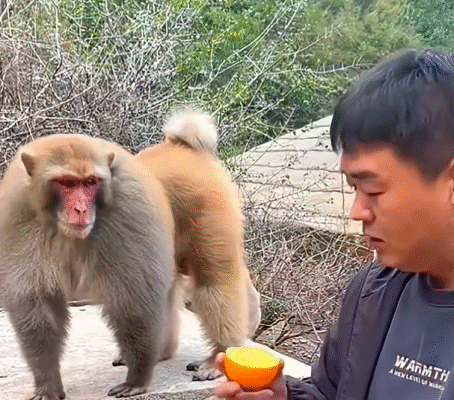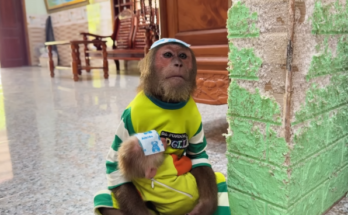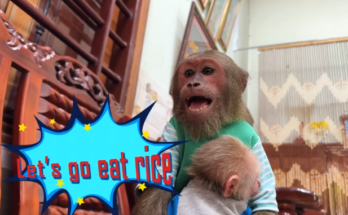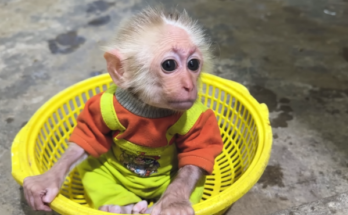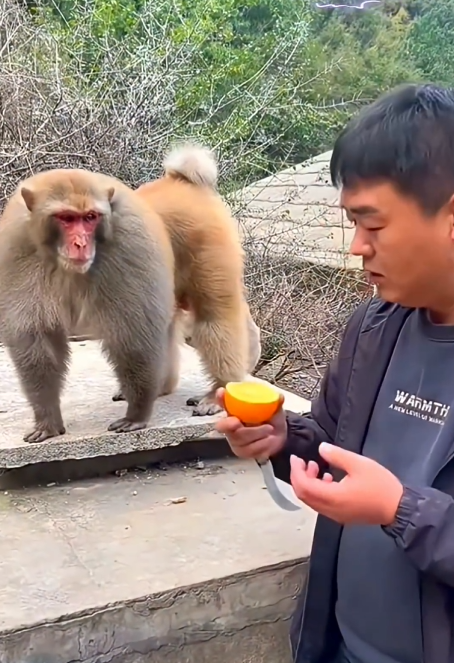
The morning had started like any other. The sun peeked through the thin clouds, painting the streets with soft golden light. Birds chirped faintly in the distance, greeting the day with their cheerful songs, and a gentle breeze stirred the leaves of the trees lining the avenue. People walked briskly to their destinations, umbrellas tucked away after yesterday’s drizzle, and the city hummed with quiet familiarity.
I had stepped out of my small apartment, coffee in hand, breathing in the crisp, slightly damp air. My shoes clicked against the pavement, the sound rhythmic and oddly comforting. Everything seemed perfectly ordinary—the kind of morning that encouraged routines, where nothing out of the ordinary would disrupt the flow of life.
I passed Mrs. Liang walking her elderly dog, their movements slow and synchronized, a small, familiar smile on her face as she whispered gentle words to the tiny creature. Further down, the bakery’s door swung open, releasing the warm scent of fresh bread and pastries that mingled with the cool morning air. Children laughed in the schoolyard, chasing each other in carefree loops, their joy innocent and untouchable.
It was ordinary. Safe. Calm.
But ordinary mornings have a way of deceiving us.
As I turned the corner onto Maple Street, I noticed a small commotion near a dumpster at the edge of an alley. At first, I thought it was another stray cat rummaging through trash, but as I drew closer, I realized it wasn’t a cat. It was a dog—a young, thin dog with matted fur and a faint, pitiful whine that made my chest tighten instantly.
He had his tail tucked between his legs and his head low, trembling from either cold, fear, or perhaps both. His ribs showed through the dirt-caked fur, and his eyes—large, dark, and glassy—looked up at me briefly before darting back to the ground. I could see the hunger in him, the desperation, the quiet hope that maybe, just maybe, someone would notice.
I froze. For a moment, I simply stood there, my coffee steaming in my hand, watching as he cautiously approached the dumpster, sniffing for scraps. He looked around constantly, as though expecting someone to shout or chase him away—and I realized, with a sharp pang, that this was not the first time he had faced rejection.
And, in that moment, the ordinary morning that had started so calmly began to shift.
“Shoo! Get away from there!” a voice shouted suddenly, harsh and urgent.
A man appeared, waving his arms, his face twisted with annoyance rather than concern. The dog flinched violently, yelping softly, and retreated a few steps, his body shaking, tail pressed tightly against his belly. He lowered his head even further, but did not run. Somehow, the trembling dog stayed.
My heart sank. I knew what was about to happen—he would be chased off again. And he would go searching for food elsewhere, facing the same rejection, the same danger, the same indifference.
I swallowed hard. I had no idea what I could do, but I couldn’t just walk past. I took a cautious step forward. “Hey,” I said softly, my voice steady but gentle. “It’s okay. You won’t get hurt.”
The dog froze, ears twitching. His eyes locked on me, uncertainty written across every line of his face. He was small, fragile, vulnerable, and yet there was something in his gaze—a flicker of hope that told me he had not completely given up on the world.
I crouched down, holding my hand out, palm open. I didn’t want to scare him, just offer him a sign that he could trust, even for a moment. The man who had shouted waved his arms again and muttered something under his breath before leaving. The dog’s head twitched nervously toward the alley, but he stayed, sniffing the air around my hand.
I reached into my bag and pulled out a small piece of bread I had tucked away from breakfast. Slowly, I placed it on the ground in front of him. He sniffed it cautiously, then, after what felt like an eternity, took a tentative bite. My heart leapt as I watched him eat.
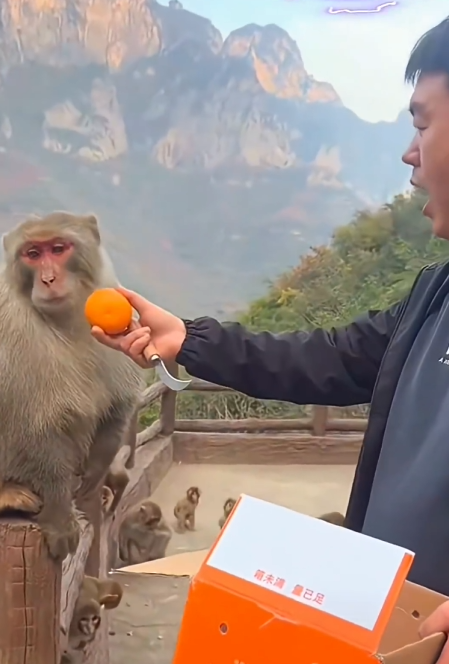
“You poor thing,” I whispered. “It’s okay. You’re safe now.”
As he ate, I noticed the scars along his legs and face, the dried mud crusted in his fur. He had been through a lot—more than most people could imagine. I wondered how long he had been on the streets, alone, scavenging, fighting for survival. My hands itched to touch him, to comfort him, but I didn’t want to scare him.
Instead, I sat on the curb a few feet away, letting him know I was here, letting him see that I wasn’t going to leave. Each bite he took was slow, deliberate, but I could see him relax gradually. The trembling in his body lessened, though his tail remained tucked tightly against his belly.
Even in this ordinary morning, I realized that life could be fragile, fleeting, and unpredictable. One minute, the world was calm and familiar. The next, it could shift in an instant, and a small, vulnerable creature could be struggling just steps away.
By the time he finished the bread, the ordinary morning had shifted entirely. The birds’ songs seemed quieter, the sunlight less certain. I reached for my phone and quickly called the local animal rescue center. The volunteer on the line promised to send someone immediately, and I stayed with him, speaking softly, until they arrived.
When the rescuers arrived, the dog hesitated, as though unsure whether to trust them. But I could see in his eyes that my presence had made a difference. He leaned slightly toward the blanket one rescuer offered, and I knew he would survive the moment.
And yet, even as he was carried safely to the car, I felt the weight of what I had witnessed. One ordinary morning, and yet one life had been so close to being lost, ignored, or overlooked entirely. One ordinary morning, and yet it had reminded me how fragile everything really is.
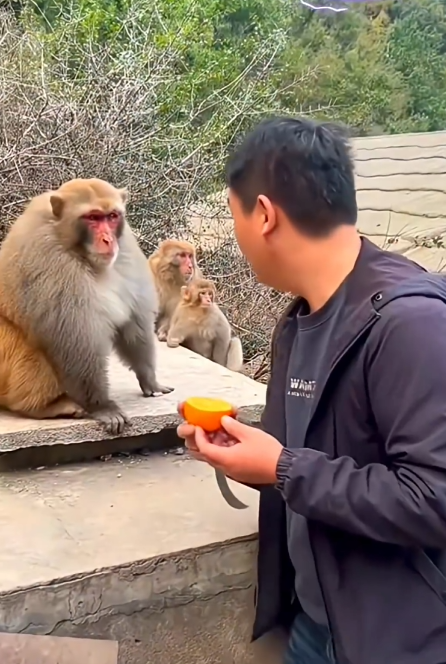
I walked back to my apartment, coffee now cold in my hand. The streets were quiet again, people going about their routines, unaware of the small drama that had just unfolded on Maple Street. The world carried on as if nothing had happened, but for one small dog, the morning had been the difference between despair and hope.
I thought about the moments we take for granted. The mundane mornings, the daily routines, the small acts that we often overlook. And I realized that sometimes, ordinary mornings hold extraordinary significance, especially for those who struggle quietly in the shadows.
I hope he knows, I thought, as I sipped my coffee and watched the sun rise higher, warming the pavement. I hope he knows that a single moment—an act of kindness, a patient gesture, a calm presence—can change everything. I hope he knows that the world can be harsh, but it can also be gentle, if only someone stops to care.
And somewhere, in the rescue center down the street, the dog curled up on a blanket, his eyes slowly closing, finally feeling safe. The morning that had started like any other had ended differently—for him, for me, for the life we had both witnessed.
Sometimes, ordinary mornings carry extraordinary lessons. Sometimes, they remind us that life is fragile, unpredictable, and full of moments that matter more than we realize. The morning had started like any other—but it had left me changed, quietly humbled by the fragile strength of a small, hungry dog who refused to give up.
And as I returned to my apartment, the sunlight spilling through my window, I held onto that thought: even the smallest acts of attention, the quietest gestures of care, can turn an ordinary morning into a life-saving one.
Because life is ordinary.
Until it isn’t.
And sometimes, it takes just one ordinary morning to remind us of that truth.
